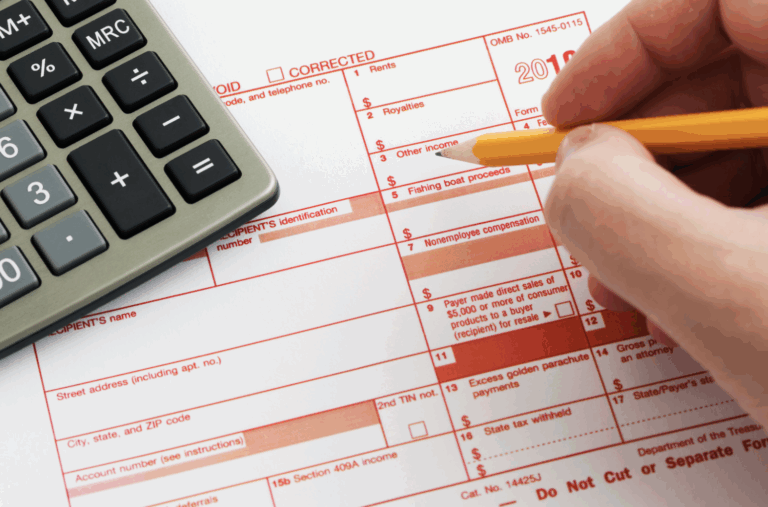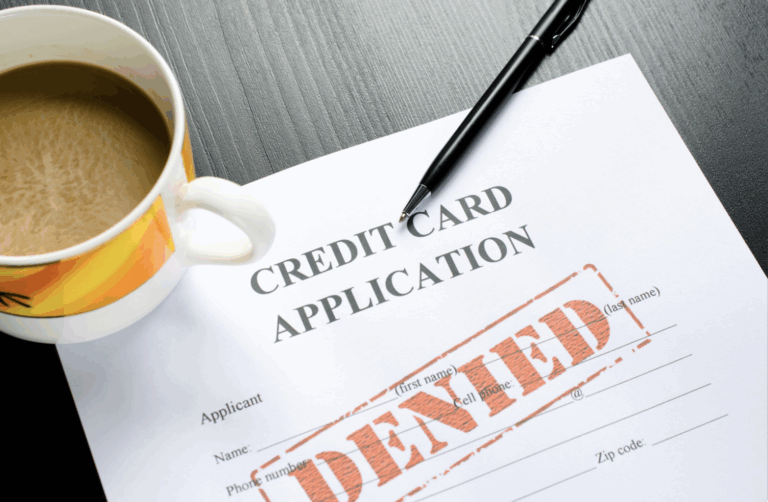If you’re struggling with credit card debt, you may be considering different ways to address it. During your research, you may have come across debt management plans. But do debt management plans work? And how can they help you achieve your goal of becoming debt-free?
Debt management plans are a legitimate way to address credit card debt. But they’re not for everyone. Here’s what you need to know to figure out how they work and decide whether they’re right for you.
What is a debt management plan?
A debt management plan is a form of debt consolidation that you can get through a credit counseling agency. With the program, you can group multiple credit card balances and unsecured personal loans into one monthly payment. You make that payment to the agency and it distributes the payments to your creditors.
Debt management plans typically last three to five years. In many cases, the agency can negotiate lower interest rates and monthly payments with your creditors, which can save you money and make your payments more affordable.
Debt management plans are often a good way to go if your debt is out of control, but your credit history isn’t strong enough to qualify for a debt consolidation loan or balance transfer credit card.
And because you’re still paying your original balance, debt management plans are much better for your credit than debt settlement and bankruptcy.
The cost for a debt management plan can vary from agency to agency. In general, though, the average upfront fee is $75, and you may pay between $20 and $30 per month.
How debt management plans work
You can only do a debt management plan through a credit counseling agency. However, it’s important to pick a nonprofit agency. These agencies typically have lower fees and don’t charge for initial consultations. You can find nonprofit credit counseling agencies through the National Foundation for Credit Counseling.
Again, these plans are typically reserved for unsecured debts like credit cards and personal loans. If you have a secured personal loan, an auto loan, or mortgage, those won’t be included. The same goes for student loans.
Once you set up the plan, the credit counselor you’re working with will contact each of your creditors. They’ll notify them that you’re getting on a debt management plan and will typically try to negotiate terms. For example, you may be able to get a lower interest rate or monthly payment. And if you’re behind on your payments, the agency may be able to get the lender to re-age the debt, so you’re no longer considered behind.
Once that process is complete, you’ll make one monthly payment for all your debts to the agency. Then it will divvy it up and make your payments on your behalf.
During this process, it’s important to keep in mind that you will likely need to close your credit card accounts, which can hurt your credit. In some cases, you might be able to keep a card for emergencies but ask first to be safe. You may even need to avoid applying for any new credit because a new account could threaten your ability to keep up with your plan.
Do debt management plans work well?
In the right situation, a debt management plan can be a great way to reach your goal of becoming debt-free.
To ensure that you stay on track, it’s critical that you make all of your monthly payments on time. If you miss just one, the creditors may withdraw the concessions the agency negotiated for you and require you to pay as originally agreed. The same goes if you apply for any new accounts during that time.
As a result, debt management plans work best if you don’t need access to new credit for a few years.
Pros of debt management
- You can score a lower interest rate or lower monthly payments.
- Re-aging your accounts can stop late fees and damage to your credit.
- If you’re behind on payments, it can get the creditors to stop calling you.
- You’ll be on a good path toward becoming debt-free.
- Living without credit cards may help you better control your spending.
Cons of debt management
- You’ll need to pay a modest upfront and monthly fee.
- It doesn’t allow you to include secured debts or student loans.
- You’ll likely need to stop using credit cards, which can be a drawback if you need them to get by.
- If you apply for new credit, your creditors could reverse their concessions.
The bottom line
Debt management plans can be a good approach to your debt but think carefully about all of your options before you proceed.
For example, if your credit is in good shape, consider a balance transfer credit card or debt consolidation loan first. And if you’re far behind on your payments and likely wouldn’t even be able to afford a lower payment through a debt management plan, debt settlement may be better.
Finally, if your financial situation is dire and you have no hope of making meaningful enough payments, bankruptcy may be the only option you have.
Before you get on a debt management plan, consider consulting with a credit counselor. They will be able to help you make the right decision based on your situation, even if it’s not using one of their plans.





